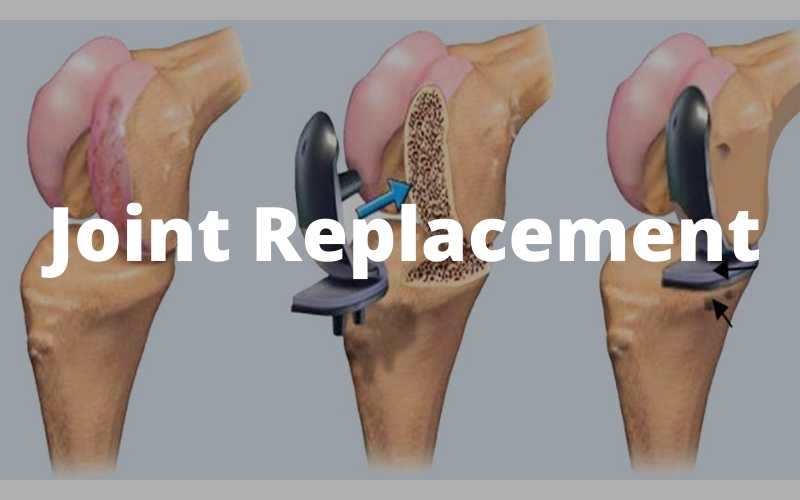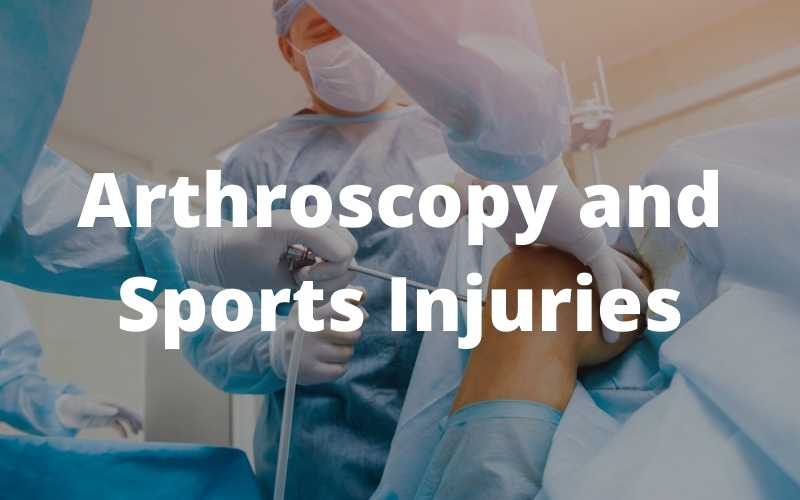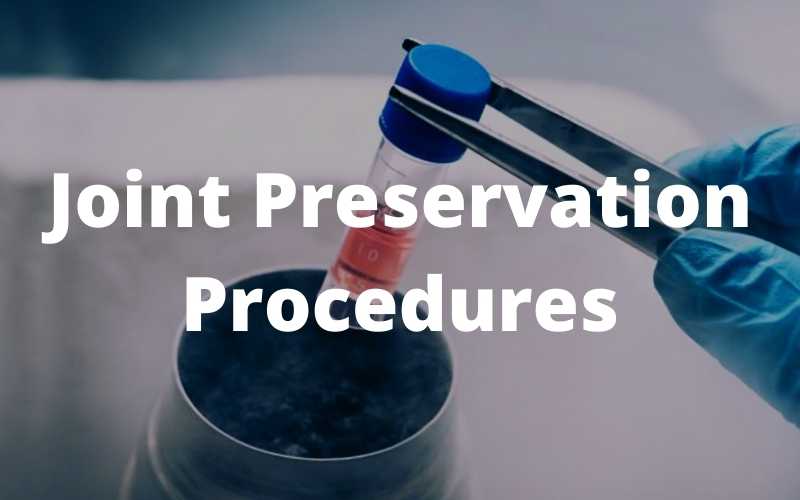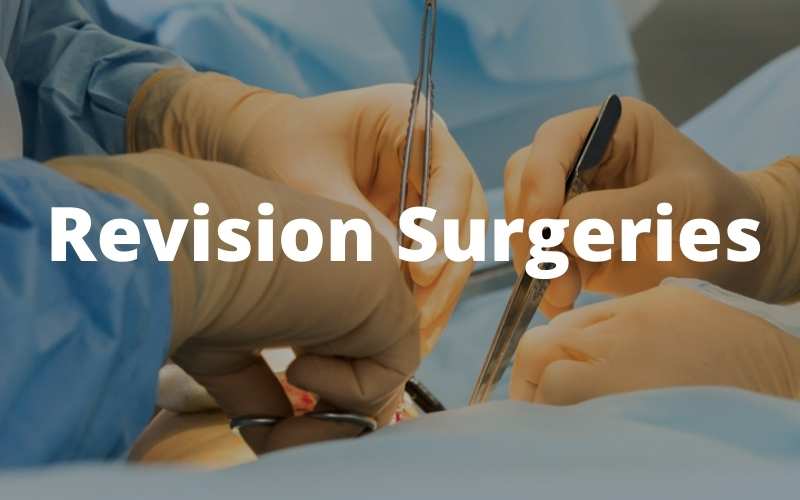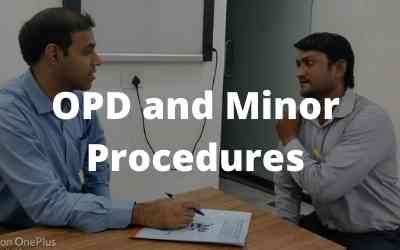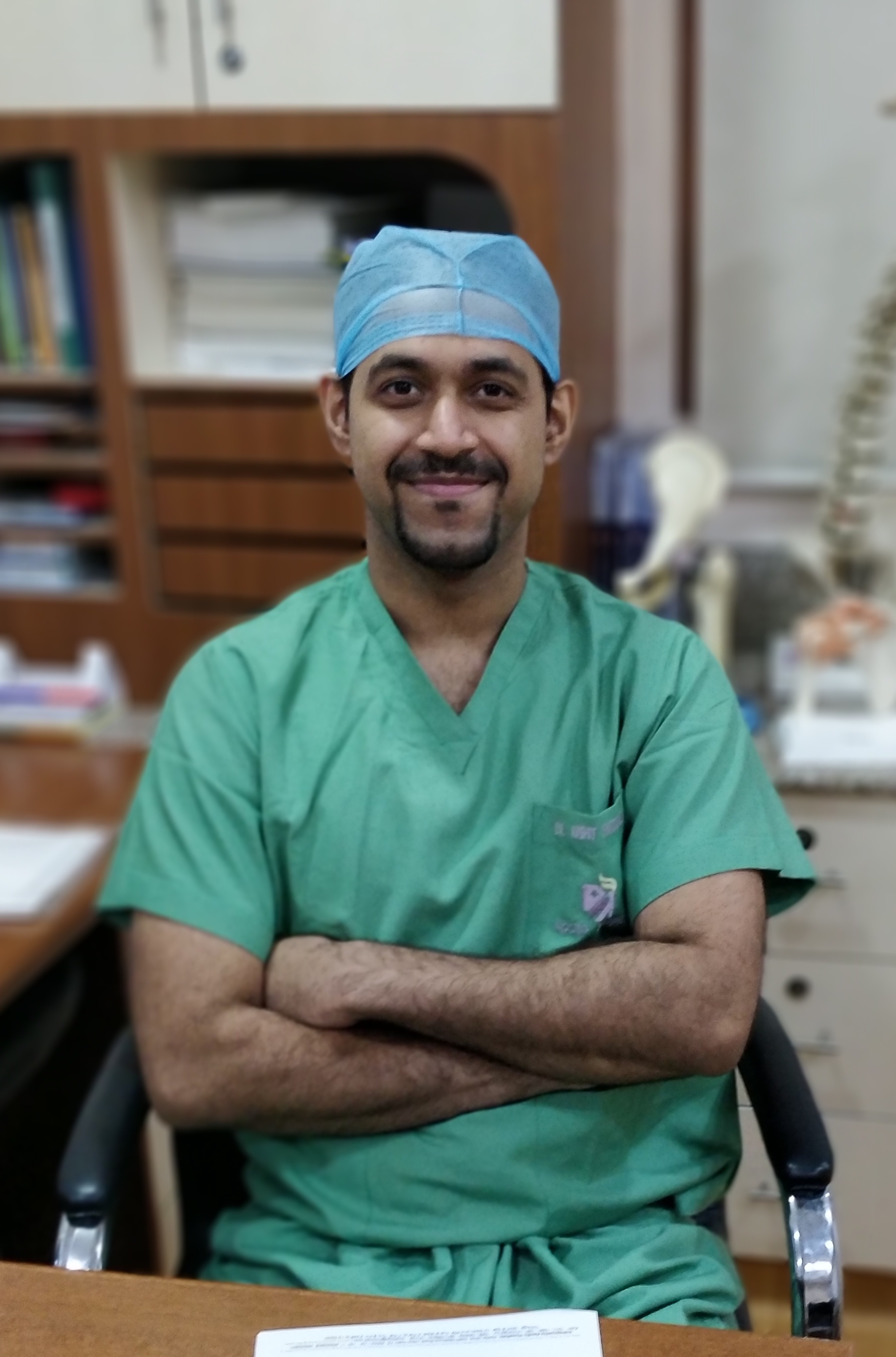
Know Your Doctor
Dr. Nishit Bhatnagar
Best Orthopaedic Surgeon In Delhi.
Dr. Nishit Bhatnagar, is a board certified Consultant Orthopaedic & Joint Replacement Surgeon with more than 10 years’ experience. He graduated from University College of Medical Sciences, New Delhi as a Gold medalist. After securing Delhi Rank – 1 and All India Rank – 6, he pursued MS in Orthopaedic Surgery at the prestigious Maulana Azad Medical College, New Delhi. He underwent rigorous training and gained expertise at Lok Nayak Hospital and Sushruta Trauma Center. He honed his skills at Lilavati Hospital and Breach Candy Hospital, Mumbai. He has done more than 6000 surgeries in his career
Dr. Bhatnagar specializes in Joint Replacement, Arthroscopy and Sports Surgery. He learnt the latest techniques of Computer-Assisted Revision Joint Surgeries at PGD Hospital and Asklepios Hospital, Germany.
Dr. Bhatnagar embraces the use of newer technologies and patient friendly techniques.
Youngest surgeon to perform COMPLEX KNEE REPLACEMENT at Fortis Hospital
First surgeon to perform WRIST ARTHROSCOPY at National Heart Institute
Youngest surgeon to perform ARTHROSCOPIC CARTILAGE TRANSFER at Apollo Hospital
First surgeon to perform SHOULDER REPLACEMENT at Sama Hospital
Youngest surgeon to perform REVISION ACL reconstruction at Apollo Hospital
First surgeon to perform PARTIAL KNEE REPLACEMENT at Sama Hospital
